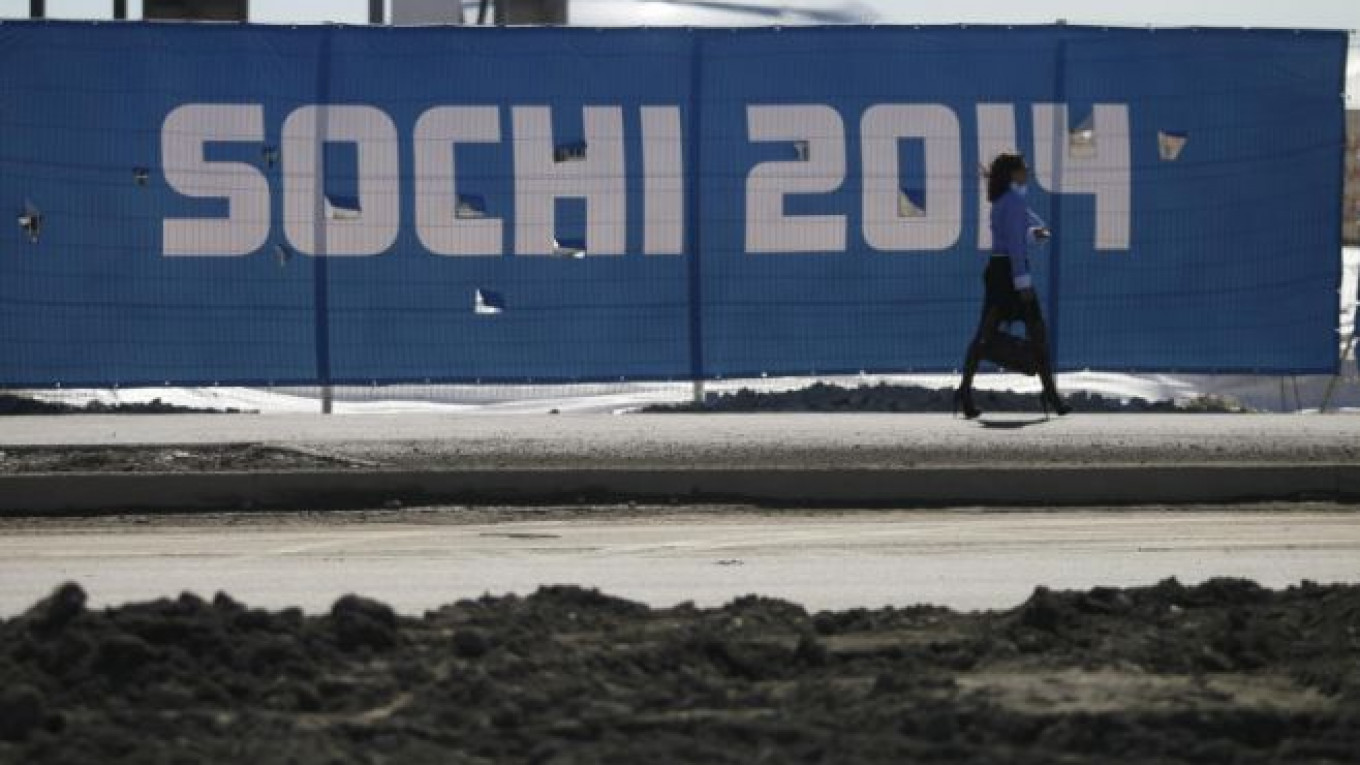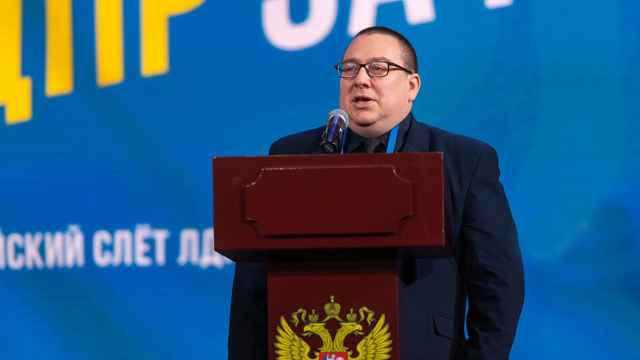Sochi's Olympic sports venues and hotels have been exempted from property tax for two years by the regional government, a move that analysts say simply reflects the hopelessness of their financial position after the Games.
According to the law, which came into force on May 6 and was published on the website of the Krasnodar region's Finance Ministry on Monday, all Olympic buildings will be freed from corporate property tax until Jan. 1, 2015. The term "Olympic buildings" is defined generously — sporting venues, the Olympic village, the Games' media center and the Russian International Olympic University in Sochi will all be exempt, as well as transportation and engineering infrastructure and hotels built as part of the government-driven construction.
According to a ministry spokesperson, by lifting the tax — set locally at 2.2 percent of the net value of a company's assets — the regional budget will miss out on some 4 billion rubles ($114 million), money it hopes to get back from the federal budget.
However, considering the indebtedness of many of the Olympic facilities in Sochi, analysts doubt the tax break is really voluntary. Most of them do not have the money to pay, said Ilya Volodko, CEO at consulting company MACON Realty in Krasnodar.
"Neither state-funded nor privately funded Olympic venues can generate income, so it would be impossible for them to pay the tax," he said. "They would be subsidized by the government in one way or another anyway."
The government sunk more than $50 billion into preparations for the Sochi Games, and encouraged billionaires like Oleg Deripaska and Vladimir Potanin to invest heavily in infrastructure. Construction was plagued by cost overruns, and private investors were granted huge loans by state-owned Vneshekonombank. Many of these have since been renegotiated, and the resort is struggling to attract enough tourists to fill its hotels in the aftermath of the Games, which were held in February.
Nikolai Kazansky, managing partner at real estate firm Colliers International, welcomed the tax break, saying it would "lower significantly the tax burden on investors." But the government should apply the exemption only to those venues with the longest return on investment periods, he added.
Contact the author at d.kulchitskaya@imedia.ru
A Message from The Moscow Times:
Dear readers,
We are facing unprecedented challenges. Russia's Prosecutor General's Office has designated The Moscow Times as an "undesirable" organization, criminalizing our work and putting our staff at risk of prosecution. This follows our earlier unjust labeling as a "foreign agent."
These actions are direct attempts to silence independent journalism in Russia. The authorities claim our work "discredits the decisions of the Russian leadership." We see things differently: we strive to provide accurate, unbiased reporting on Russia.
We, the journalists of The Moscow Times, refuse to be silenced. But to continue our work, we need your help.
Your support, no matter how small, makes a world of difference. If you can, please support us monthly starting from just $2. It's quick to set up, and every contribution makes a significant impact.
By supporting The Moscow Times, you're defending open, independent journalism in the face of repression. Thank you for standing with us.
Remind me later.






